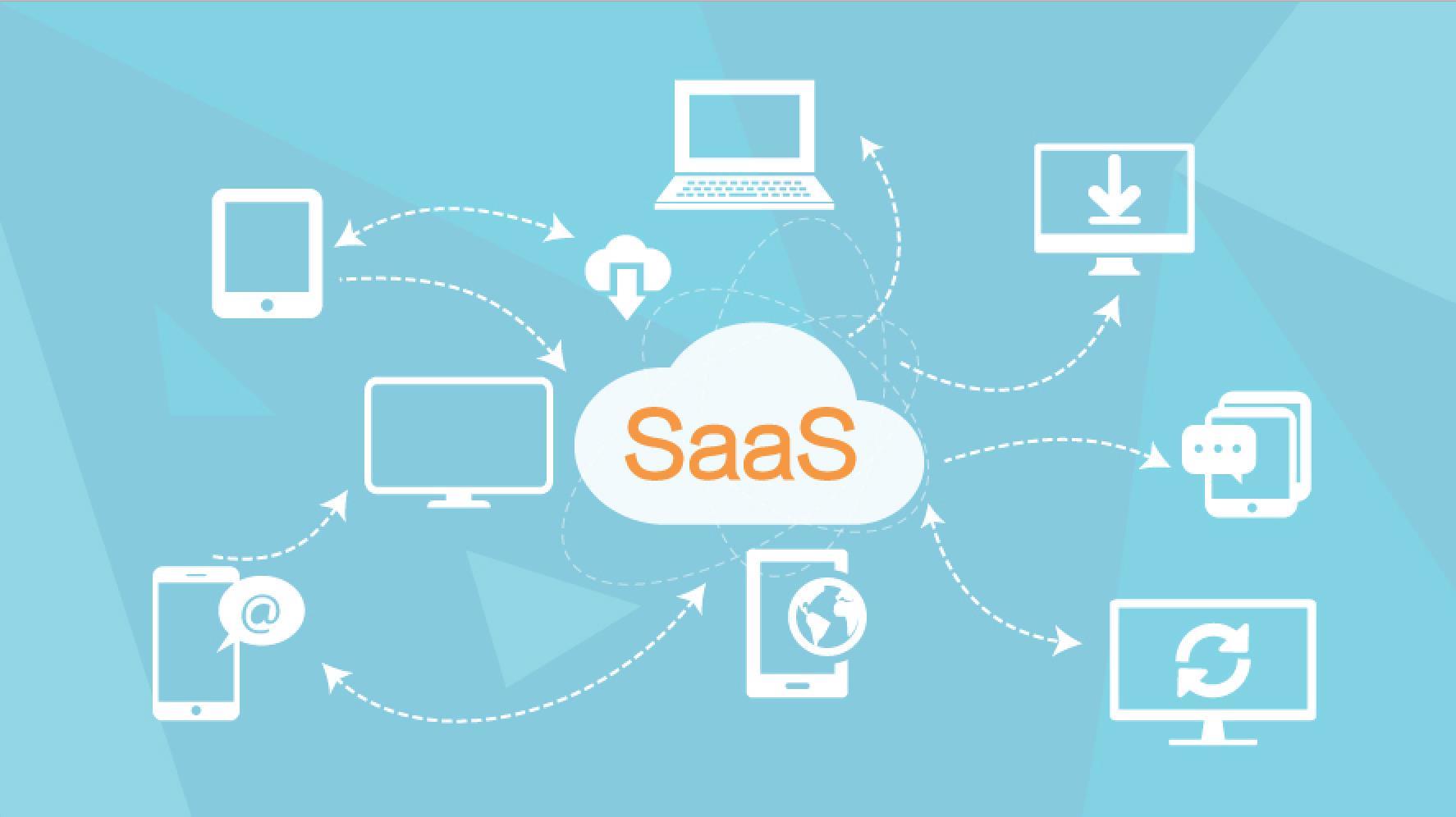Software-as-a-Service (SaaS) has revolutionized how businesses operate, offering convenient, subscription-based access to a wide range of software tools. However, as the SaaS model matures, many organizations are beginning to realize that it has its flaws. The rise of Bring Your Own Cloud (BYOC) is gaining momentum as a potential solution, offering more flexibility, control, and cost-effectiveness than traditional SaaS. Let’s explore why BYOC is the future and how it addresses some of the key issues with SaaS.
The Problems with SaaS
- Lack of Customization and Flexibility
SaaS providers offer standardized solutions that work well for most businesses, but they often fall short when it comes to customization. Companies with unique needs or complex workflows find it difficult to tailor SaaS platforms to match their specific requirements. SaaS platforms tend to have rigid structures, forcing businesses to adapt to the software instead of the other way around. - Data Lock-In and Security Concerns
Many SaaS providers store customer data on their own servers, which can create a “data lock-in” effect. This makes it challenging for businesses to migrate data or integrate with other services without incurring significant costs. Additionally, companies have limited control over the security of their data, relying entirely on the SaaS provider’s security protocols. This can be a major concern for organizations dealing with sensitive or regulated information. - Cost Inefficiency
While SaaS is marketed as a cost-effective solution, it can become expensive over time. Subscription fees, licensing costs, and the necessity of purchasing add-ons can add up, especially for growing companies. Moreover, many businesses are paying for features they don’t need, making the overall cost of SaaS higher than anticipated.
Enter Bring Your Own Cloud (BYOC)
BYOC is a concept that allows businesses to use their own cloud infrastructure, such as AWS, Google Cloud, or Microsoft Azure, to host and manage the software and data they need. Instead of relying on a third-party SaaS provider to host applications, businesses can take control of their infrastructure while still enjoying the benefits of cloud-based software.
Why BYOC is the Future
- Greater Flexibility and Control
BYOC allows companies to customize and control their cloud infrastructure to suit their needs. Whether it’s scaling resources as demand grows or integrating with other internal systems, businesses can fine-tune their environment to optimize performance and efficiency. This flexibility makes BYOC a more adaptable solution for organizations with unique requirements. - Enhanced Data Security and Compliance
With BYOC, businesses retain full control over their data. They can implement their own security protocols, encryption methods, and backup strategies to meet specific compliance requirements. This reduces the risk of data breaches and ensures that sensitive information stays secure within the organization’s own trusted environment. - Cost Efficiency
While SaaS often involves ongoing subscription fees, BYOC allows businesses to only pay for the cloud resources they actually use. Cloud providers like AWS and Azure offer flexible pricing models that can be much more cost-effective for businesses as they scale. Furthermore, businesses can avoid paying for unnecessary features or services, resulting in a more streamlined, cost-efficient solution. - Seamless Integration
BYOC makes it easier to integrate with existing enterprise systems and workflows. Businesses can select the tools that best fit their needs and integrate them into their cloud environment without being constrained by the limitations of a third-party SaaS platform.
Conclusion
While SaaS has transformed the way businesses operate, it’s clear that the model is not without its flaws. Bring Your Own Cloud (BYOC) presents an exciting alternative, offering businesses greater flexibility, control, cost efficiency, and security. As more organizations recognize the limitations of traditional SaaS, BYOC is poised to be the future of software and cloud computing, allowing businesses to tailor their infrastructure to their unique needs. The shift toward BYOC may not be immediate, but its benefits are undeniable and will likely drive the next wave of innovation in cloud computing.


